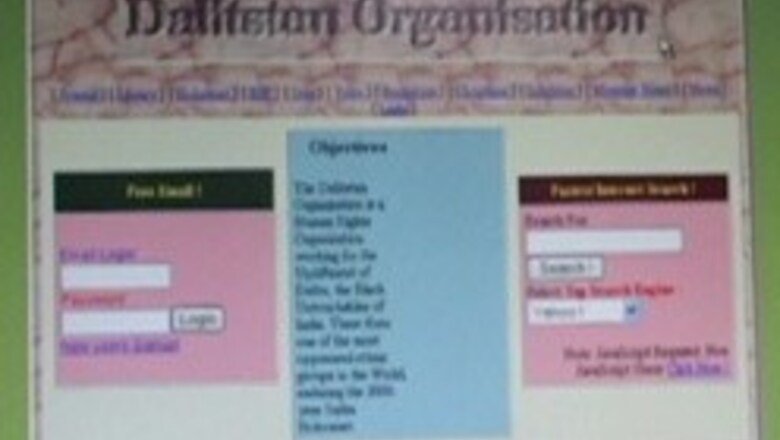
views
If news reports are to be believed, the list issued by the government contained those sites that they considered propagandist; some wrote against the Government, Islam and Christianity.
Of these, four were blogspot blogs, and one was on typepad. That's just five of 17 in this list (there are reports of others that have been blocked in the past) that made me, and the world, aware that access to sites was being controlled in India.
On the face of it, even a thousand is but a drop in an ocean of millions of websites, but it also seems to be a case of 'Have power, will use' - the list seems arbitrary since one is a blank blog, another aggregates news related to the word 'Hindu' and yet another is a blog with two harmless posts, both posted in 2004.
The IT act has given the Ministry of Communications and CERT-IN the right to block access, hence they will do so.
Of course, not many would have noticed this ban had it not been for incompetence across the board - the Indian ISP's simply blocked domains instead of specific sites.
But there are positives to take from this problem - Bloggers have grouped to fight this gagging, and a massive information gathering and disseminating exercise was undertaken as ISP after ISP began blocking access.
The biggest positive is that many bloggers have filed RTI petitions and asked for answers, and shall probably do so for other issues even after this is dead and buried.
The veil of secrecy, the security blanket that the government hides beneath, has been lifted just that little bit more.
What this issue has also brought to the fore is the right of the government to curtail free speech, and whether citizens are to be viewed as individuals or groups.
Should responsibility lie with those who make inciting speeches, or with those who believe them? In my opinion, and I may be in a minority here, all forms of propaganda, whether anti-national or anti-community is fine as long as individuals are held responsible for their actions.
Free speech allows for debate, and then the decisions are based on thinking and not mere impressions.
How can a few hundred people in ministries and committees decide for us what we should view on the internet, what we read, or what we watch on TV?
Should our access depend on the lowest common denominator, or should he/she be given the education and the right to decide? Or is our society collectively naïve that we should allow it to remain ignorant and monitor their access?
There is a larger, fundamental issue at stake here - should retribution by the state be delivered unto a community or an individual?
At the end of the day, you and I, not the community that we belong to, are responsible for our actions. How politicians view this reflects on the level of intelligence that they reason on.
Here's a simple test to see where you stand on this issue; choose the option you think is right:
a) Some sites are propagandist; hence some sites need to be banned
b) Some sites are propagandist; hence all sites need to be banned
c) All sites are propagandist; hence some sites need to be banned
d) All sites are propagandist; hence all sites need to be banned
e) None of the above
Options 'a' and 'd' are logically proper, though I go with option 'e'. What do you think and why? Also, try again after replacing the word 'banned' with 'monitored' in the above question.
The author of this blog, Nikhil Pahwa, blogs at mixedbag.blogspot.com, though it may be inaccessible if you’re in India, since it's hosted on Blogspot.











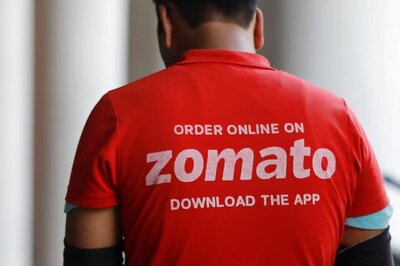
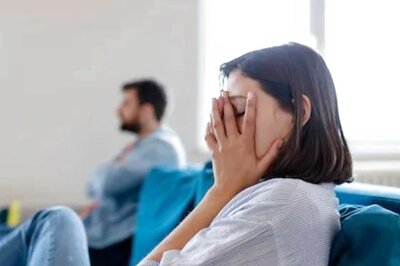
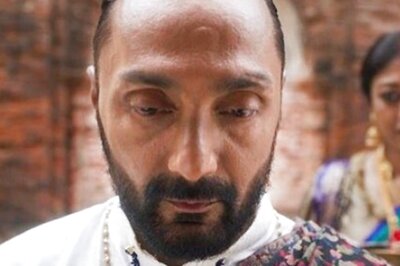
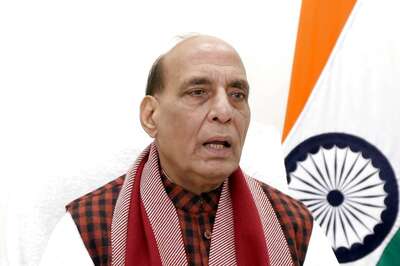
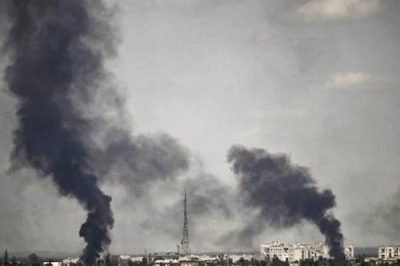

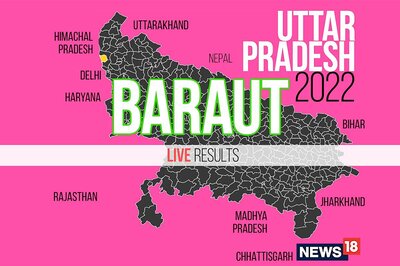
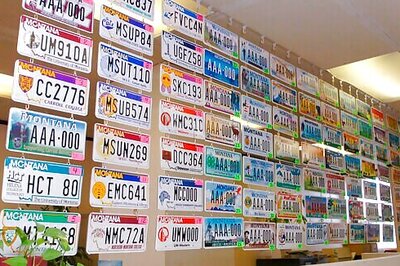

Comments
0 comment